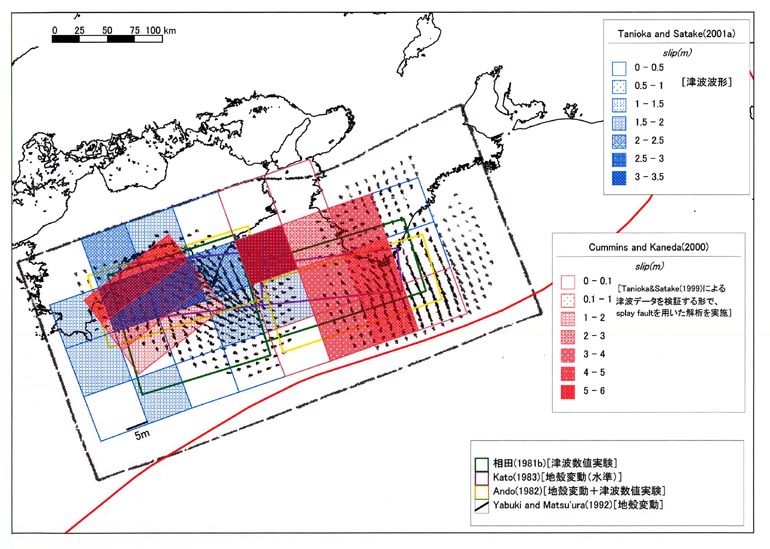Innovative Technique for Rapid Identification of Enzymes Enhances Biomanufacturing

In a groundbreaking advancement for sustainable biomanufacturing, researchers at Kobe University have developed a novel technique capable of rapidly identifying high-performing enzymes. This innovative method addresses the significant challenges posed by the labor-intensive process of enzyme classification and testing. By utilizing a sophisticated workflow, the team can classify thousands of enzyme candidates and evaluate their activities within a single day, potentially revolutionizing the field of biomanufacturing.
The research, led by bioengineer Dr. Hasunuma Tomohisa, was published in the prestigious journal ACS Catalysis on June 26, 2025. Dr. Tomohisa emphasized the importance of enzymes in biomanufacturing, stating, "Who controls enzymes controls biomanufacturing." There are currently over 200 million enzyme entries in accessible databases, yet much of this data remains speculative and unverified, complicating the identification of enzymes suitable for sustainable production.
The new technique developed by Dr. Tomohisa's team enables the automatic categorization of large numbers of enzymes, facilitating the selection of meaningful representatives for further study. This process is particularly crucial as the global demand for sustainable materials rises, driven by dwindling oil reserves and increasing prices. Microorganisms, through the use of enzymes, can convert renewable resources into valuable chemicals and fuels under mild conditions, thereby contributing to a more sustainable future.
In their study, the Kobe University team targeted a specific class of nearly 7,000 enzymes that are integral to producing raw materials for fuels, plastics, and flavorings. The results of their research revealed an enzyme that demonstrated productivity levels up to ten times higher than the current industry standard, while also exhibiting versatility across a broad range of raw materials.
Dr. Tomohisa noted, "This finding demonstrates that our approach can identify highly active and versatile enzymes previously unrecognized in existing databases." Furthermore, the technique allows researchers to pinpoint specific structural elements responsible for desirable enzymatic traits, paving the way for targeted improvements in enzyme functionality.
Looking to the future, Dr. Tomohisa expressed optimism about the potential applications of their technology. He envisions the development of artificial intelligence (AI) tools capable of utilizing the vast amounts of data generated to predict enzyme functions more accurately. Such advancements could significantly expedite the search for effective enzymes, thereby enhancing biomanufacturing processes on a global scale.
This research not only highlights the potential of microbial biomanufacturing in addressing environmental challenges but also positions Kobe University at the forefront of innovation in enzyme technology. As the industry moves towards more sustainable practices, this technique may become a fundamental resource for researchers and manufacturers alike, fundamentally altering the landscape of biomanufacturing.
For additional insights, refer to the original publication: "Identification of sub-family-specific residues within highly active and promiscuous alcohol dehydrogenases" published in ACS Catalysis in June 2025 (DOI: 10.1021/acscatal.5c02764).
Advertisement
Tags
Advertisement





